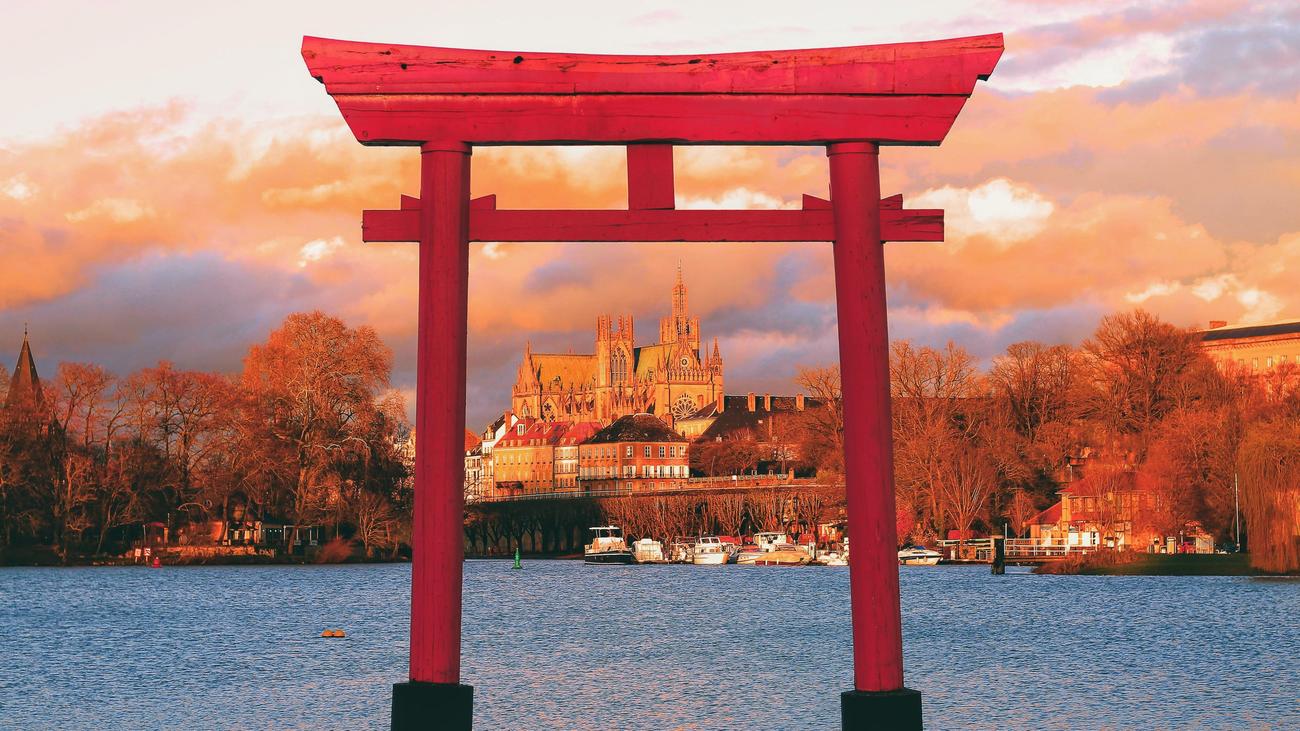Are you ready to embark on an extraordinary journey that will unravel the enigmatic tapestry of Middle East history and culture? Prepare to dive into the depths of a region that has captured the imaginations of explorers, scholars, and adventurers for centuries. In this article, we will navigate through the intricate corridors of time, unveiling the rich and diverse heritage of the Middle East. From the ancient civilizations that laid the foundations of modern society to the vibrant cultures that thrive in the present day, join us as we uncover the wonders that lie within the heart of this captivating region.

Middle East History and Culture
The Middle East, with its rich tapestry of history and culture, holds a captivating allure for those seeking to uncover the secrets of this enigmatic region. From the earliest human settlements to the rise and fall of empires, the Middle East has been a cradle of civilization, birthing some of the world’s oldest cultures and civilizations.
In ancient times, the region was at the forefront of innovation and progress. It was here that intensive year-round agriculture and currency-mediated trade were first practiced, paving the way for advancements like the invention of writing systems and the potter’s wheel. These creations laid the foundation for the development of cities and the birth of civilization as we know it.
One cannot discuss the Middle East without acknowledging its pivotal role in the birth of three of the world’s major monotheistic religions: Judaism, Christianity, and Islam. These religions, deeply rooted in the region’s history and culture, have shaped the beliefs and practices of millions of people around the globe. They are threads woven into the intricate fabric of the Middle East.
Culture in the Middle East is a mosaic of diverse influences, combining history, religion, ethnicity, language, and nationality. Each nation within this multifaceted region boasts its own unique traditions, customs, and arts. It is a tapestry woven with the threads of countless empires and conquests, creating a complex and labyrinthine history that both challenges and fascinates.
To truly understand the Middle East, one must delve into the stories of its ancient cities. These cities, the birthplaces of civilization, hold the key to unraveling the layers of history hidden within their walls. From Uruk in Mesopotamia, the world’s first city, to Damascus, one of the world’s oldest continuously inhabited cities, the Middle East is a treasure trove of urban development and historical significance.
But alongside the grandeur of ancient cities, the Middle East is also a region marked by political and economic dynamics. The rise and fall of empires, such as the mighty Ottoman Empire, have shaped the course of history and influenced the present-day geopolitical landscape.
Amidst the complexities of Middle Eastern history and culture, there is also a vibrant tapestry of popular culture that deserves exploration. From the mesmerizing melodies of Middle Eastern music to the graceful movements of traditional dances, the region’s artistic heritage is as diverse as its people.
While the Middle East can seem like a universe unto itself, it is essential to recognize the connection between its narrative and the broader story of human history. Exploring the history and culture of the Middle East allows us to gain a deeper understanding of our shared humanity, the richness of our global heritage, and the profound impact of this region on the world.
In conclusion, the Middle East, with its intricate history and captivating culture, invites us to dive deep into its depths and unravel its mysteries. From the earliest civilizations to present-day complexities, the region’s tapestry is woven with stories waiting to be discovered. By delving into the history and culture of the Middle East, we embark on a journey that connects us to our shared past and illuminates the paths ahead.
“Let the ancient tales of the Middle East be our guiding light as we navigate the complexities of the present, for understanding this tapestry of history and culture is to unravel the very essence of humanity.”
Iraq is a country with a rich history and cultural heritage, making it a fascinating topic for students to explore. If you’re curious about Iraq Facts For Students, then you’re in luck! Our website offers a comprehensive guide to everything you need to know about Iraq’s geography, population, government, and more. Just click this link to delve into the world of Iraq: Iraq Facts For Students. Prepare to be amazed as you uncover the wonders and complexities of this captivating nation.
FAQ
Question 1
What is the historical significance of the Middle East?
Answer 1
The Middle East is home to one of the Cradles of Civilization and has witnessed the rise and fall of numerous ancient cultures and empires. It is where the first cities were established and where the world’s oldest civilizations originated.
Question 2
Which empires have played a significant role in the history of the Middle East?
Answer 2
The Middle East has been shaped by the influence of several major empires. The Ottoman Empire, which existed from 1299 to 1918, was particularly powerful and captured the Byzantine capital of Constantinople. Other notable empires include the Persian Empire, the Babylonian Empire, and the Roman Empire.
Question 3
What are the major religions that have originated in the Middle East?
Answer 3
The Middle East is known as the birthplace of three major monotheistic religions: Judaism, Christianity, and Islam. These religions originated from the same tradition and have had a profound impact on the region’s history, culture, and beliefs.
Question 4
How has the history of the Middle East influenced its culture?
Answer 4
Culture in the Middle East is deeply intertwined with its history. The region’s rich heritage, diverse ethnic identities, languages, and nationalities have all been shaped by centuries of historical events, religious practices, and cultural exchanges. The ancient civilizations, such as the Phoenicians and Mesopotamians, have left a lasting impact on art, music, literature, and architecture in the region.
Question 5
What makes the Middle East’s history and culture fascinating and complex?
Answer 5
The history and culture of the Middle East are characterized by a multitude of empires, diverse ethnic groups, and various religious beliefs. This complexity can be attributed to the region’s strategic geographic location as well as its long history of trade, conquests, and interactions with neighboring regions. Exploring the Middle East’s history and culture unveils a multi-layered tapestry that offers insights into the development of human civilization.
















